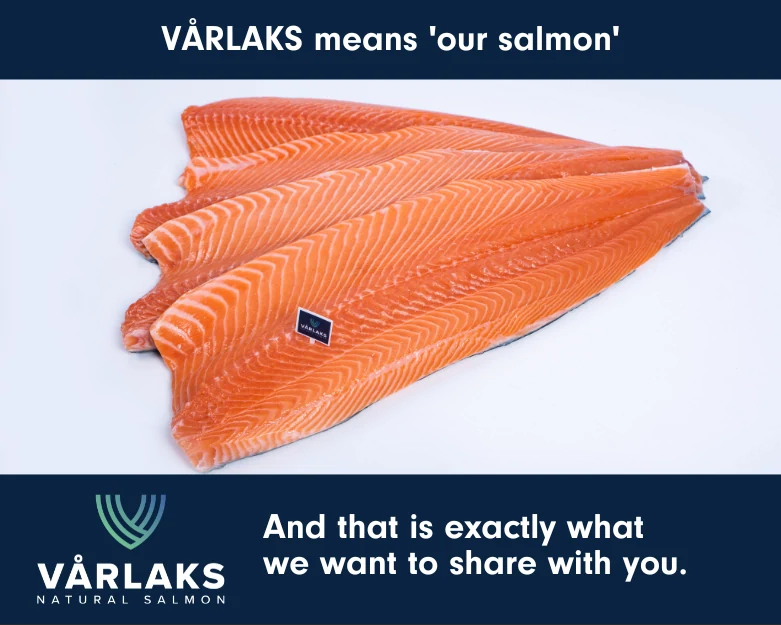Norwegian-backed project envisions production of 90,000 tons of salmon annually, boosting total Scottish salmon output by 40%.
Land-based project Norwegian Mountain Salmon is planning a massive salmon farming operation on a hillside on the Scottish island of Lewis.
This development, currently in the preliminary stages, involves discussions with the local authority and the privately-owned crofting estate over the past year.
The uninhabited area of Mealista, under crofting tenure, was unaware of the proposed £581 million project until recently, according to the Stornaway Gazette.
The development is expected to create up to 200 jobs and increase Scottish farmed salmon production by approximately 40%. The project envisions producing 90,000 tons of salmon annually, aiming for market-leading freshness.
Water quality
The proposed operation includes 224 fish tanks, each 22 meters wide, connected to seawater through a network of pipes. This model, similar to another project underway on the island of Utsira in Norway, promises several benefits: the elimination of sea lice and fish escapes, separate biological zones, effective treatment systems, optimal water quality, and minimal visual impact.
CEO of Norwegian Mountain Salmon, Bård Hjelmen, emphasized the preliminary nature of the project to SalmonBusiness.
“This is a very early stage of our investigation,” he said. “We are currently in dialogue with local authorities on Lewis but also on Shetland, looking to expand the concept we have built in Utsira in Norway.”
Hjelmen acknowledged the allure of the prospective location, noting, “We have been there and had a couple of days; it is very promising and I am sure we will have some of the best water in the world.”
Despite his optimism, he recognizes the hurdles ahead, “There is no smolt availability for such a big project,” Hjelmen explained. “We are not a smolt producer… but this project would go hand in hand with someone able to produce the smolt.”
Asked why it makes sense to build a land-based farm so far from the markets, Hjelmen highlighted the importance of water access, “If you’re going to produce a huge facility based on flow, you need, first of all, a very good water inlet.” He compared this need to the RAS technology, which allows for more location flexibility, noting that flow-through sites in Norway are all strategically positioned near water inlets.
Reliant on transport links
He also alluded to the logistics of transporting the fish, indicating that one of the project’s backers, Sekkingstad, would play a role, and in Norway, the company plans to use the Norwegian Gannet for transport purposes.
Duncan Macinnes, secretary of the Western Isles Fishermen’s Association and Depute Leader of Comhairle nan Eilean Siar, told the Stornoway Gazette the project would be “transformational” and a huge boost to the island economy.
He said that the salmon farming industry is currently looking at how to expand to meet world-wide demand but at the same time “battling high mortality rates which are running at 22 per cent”.
“We have been asking them for some time to look at land-based solutions rather than going into deeper waters which are also good fishing grounds,” Macinnes said.
Norwegian Mountain Salmon is aiming to finalize the location decision by summer.









